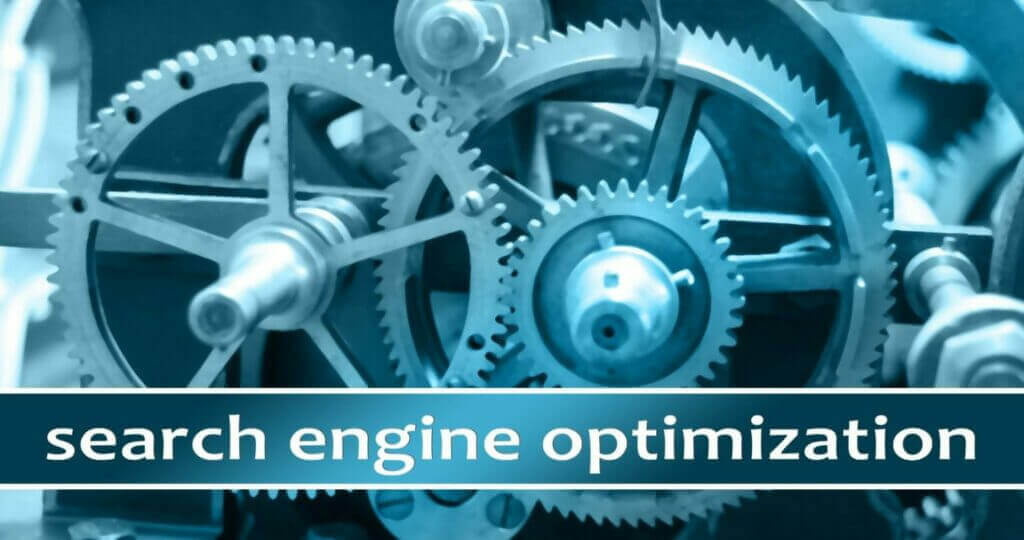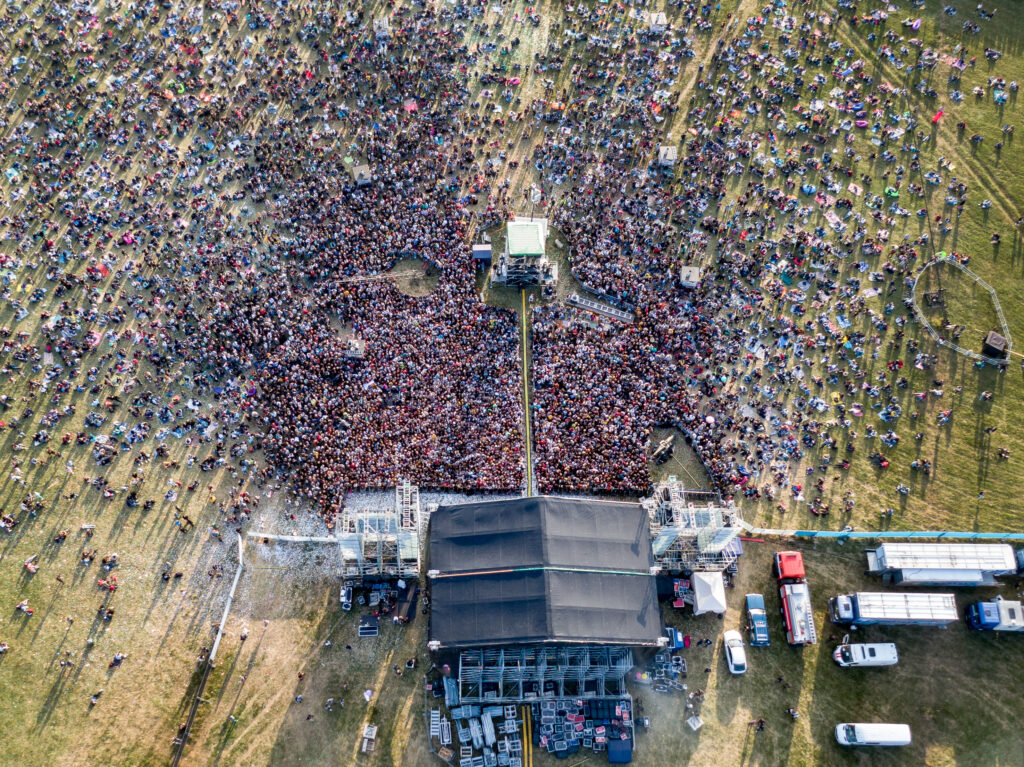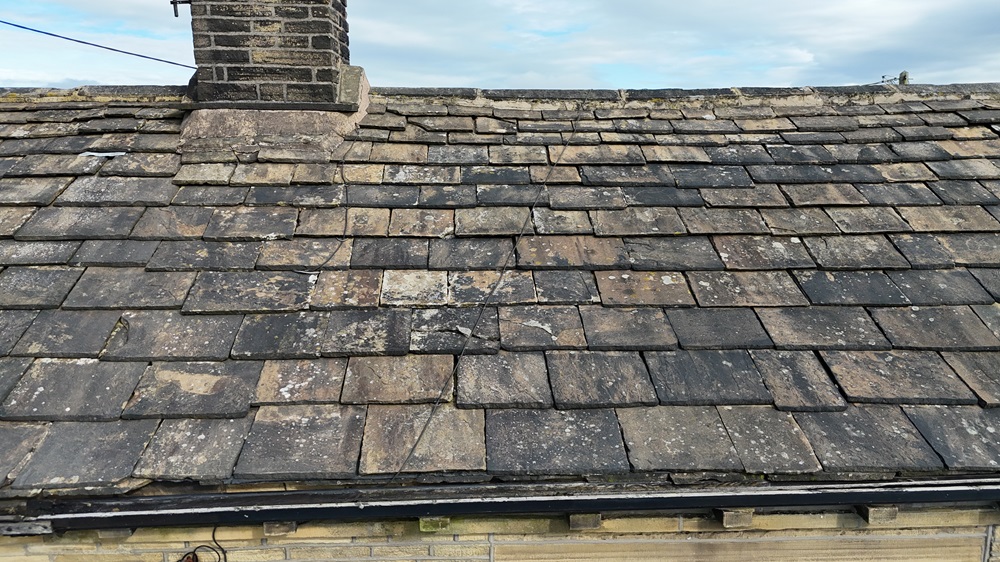What is SEO
SEO (Search Engine Optimisation), is what a company or website owner undertakes when they’re looking to generate more traffic for their website.
If for example someone wants to find a car dealership in the local area they could enter a search term onto Google or Bing, and this would then work to bring the best results for the user.
Do you want more people to visit your website? If so then this page should be able to help.

How to rank highly and improve SEO on Google and other search engines?
Search Engines try to interpret the demands of the enquiry and produce results that help the user. This means they evaluate your website on many different criteria to decide on the webpage that will best meet user demands.
Examples of criteria are as follows
- A secure and accessible website – Search engines need to be able to crawl your website for it to rank highly on them. If not your website will not be found which leaves your website unable to rank. Sometimes you can have misleading results for your own website. If for example you’re logged into your own Google account, your website may appear on the first page or even rank one, but to get a true indication of your ranking, you’ll need to use someone else’s device and account.
- Page speed – Users want pages to load quickly, search engine crawlers monitor loading speeds and penalise pages that load too slowly. The recommendation is that at a minimum your page should load in under 2 seconds, but the quicker the better.
- Links – Inbound links from other websites, if a website features links to one of your pages this should help to increase the search engine rankings of that page. The importance here is quality links. If it’s a random unknown, low traffic blog that links to your page, it will have a negligible effect, or could even have a negative impact. If however, your page is featured on national news websites with links to your page, then this should rocket your page up through the rankings. Outbound links are also important, these are links that take people on your website to other websites. Normally this isn’t something we want to do as we want people to stay on our website, but if it’s helpful for the user and an authority within the industry, this will also help your search engine rankings. If however the outbound links go to low quality pages, which visitors from your website immediately bounce out of, this will hinder rather than help your website. Finally internal links, these are links that go to other pages within the same website, if this link enhances the experience of the user, then it will have a positive effect on the rankings of both pages, if however you’re linking to broken pages, or something totally irrelevant that users bounce from, it could have a negative effect.
- Mobile Optimisation – Years ago most people used a desktop computer or laptop to search the web, now around 50% of the website traffic in the UK is via a mobile browser, so if your website isn’t optimised for mobile, your rankings will be affected.
- Information on the page – Search engines mark down pages that don’t have high quality informative content, but there also has to be enough information on the page. A minimum of 600 words will build up authority, but to achieve the best rankings a word count of around 2000 garners the best results.
- Technical SEO – This includes keyword phrases in the titles as that’s one of the first places crawlers search to check search relevance. Meta descriptions, aside from enticing the user to click on your website, are also crawled by search engines for relevance.
- User Journey – Starting with click through rate, if a search engine user sees your website and meta description on the page, are they more likely to click on it than other options in higher or lower position? If the answer is higher this reacts favourably with search engine algorithms as it’s of higher relevance. Next is bounce rate, this is when someone clicks onto your webpage from a search engine then leaves the website without visiting another page. It ties in with Information on the page as if your web page provides users with a poor experience and low quality content, the bounce rate will increase, which in turn flags to search engines that your website is a poor fit for the search term that the customer used. This is why things like broken links, images and pages all cause a website to rapidly plummet down Google rankings. Finally linked to this is dwell time, how long do users spend on pages on your website? If it’s a few seconds per page it’s probably not very interesting to the user so is marked down by search engines, but with high quality informative and relevant content, users will spend longer on each page, making your content rank even higher.
This is a basic introduction to SEO which should help you to improve your website, or to gain an understanding of why your rankings are going up or down. If you would like to test your own website SEO, try our Free Website SEO Checker which provides you with a free SEO report to check the health of your website and give you some quick recommendations. Try it today and if you need any help with understanding any issues that might arise give our SEO experts a call on 0303 223 0110, or send through an enquiry via our Search Engine Optimisation page.






